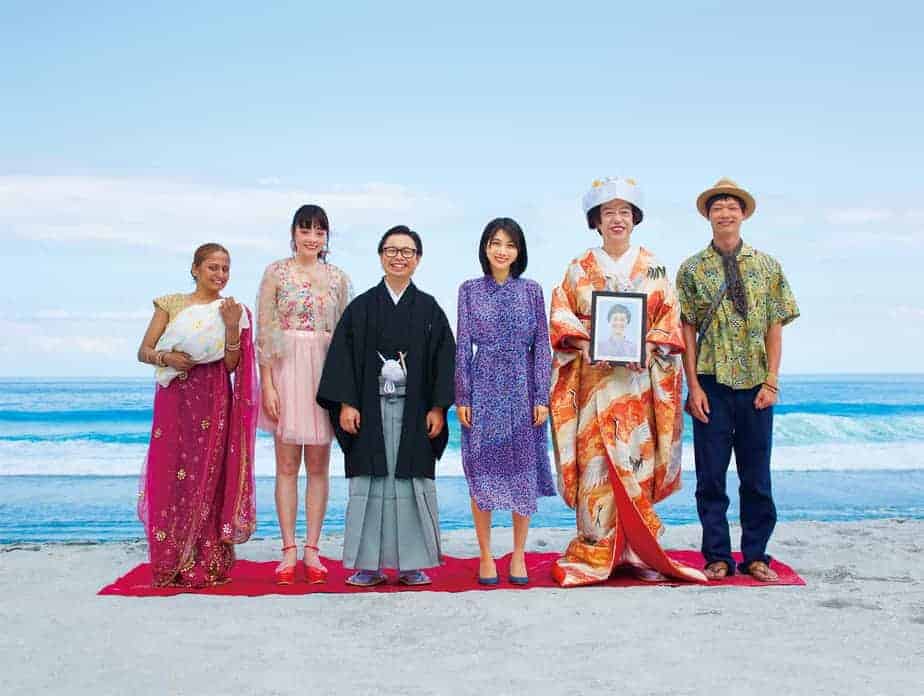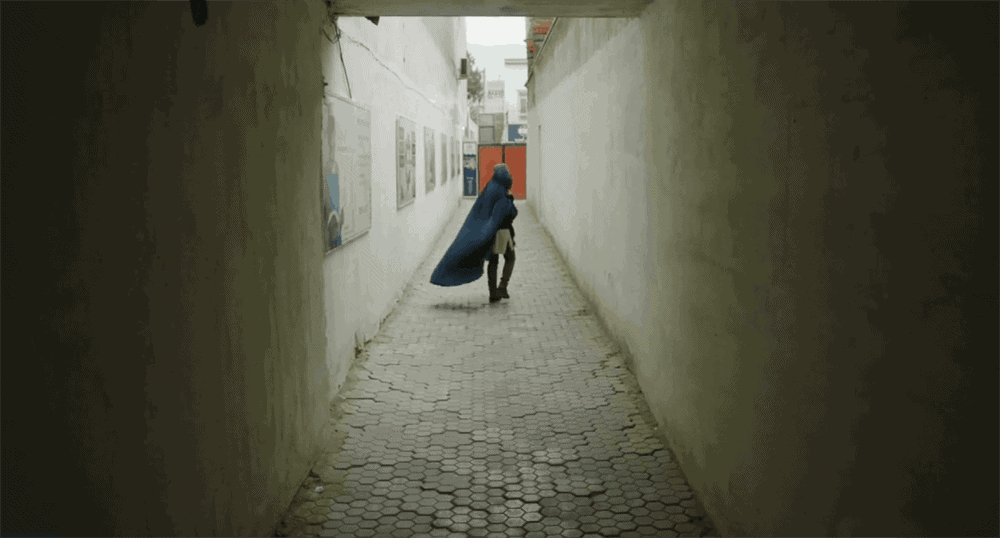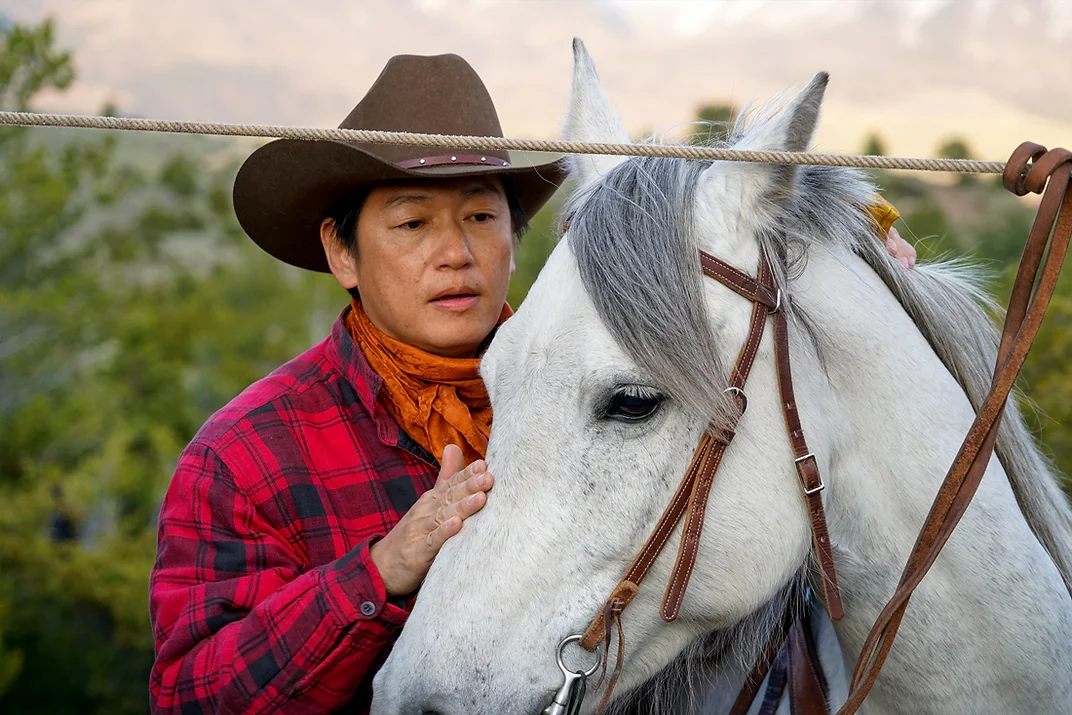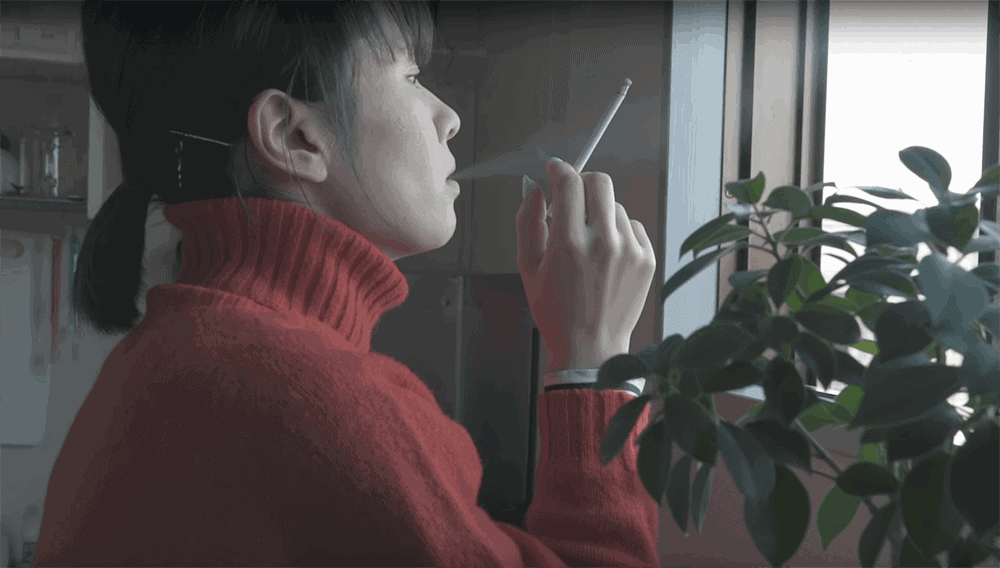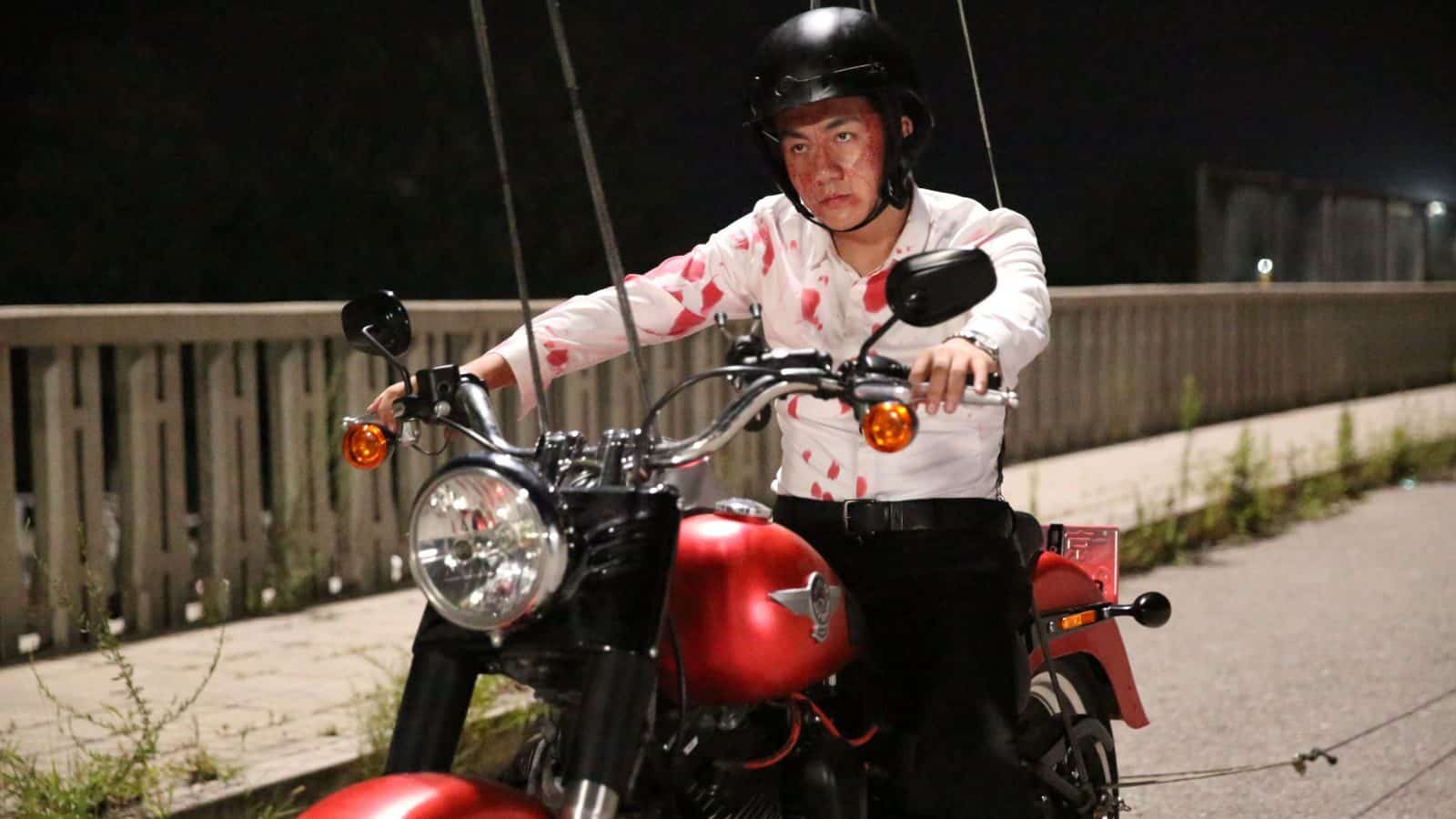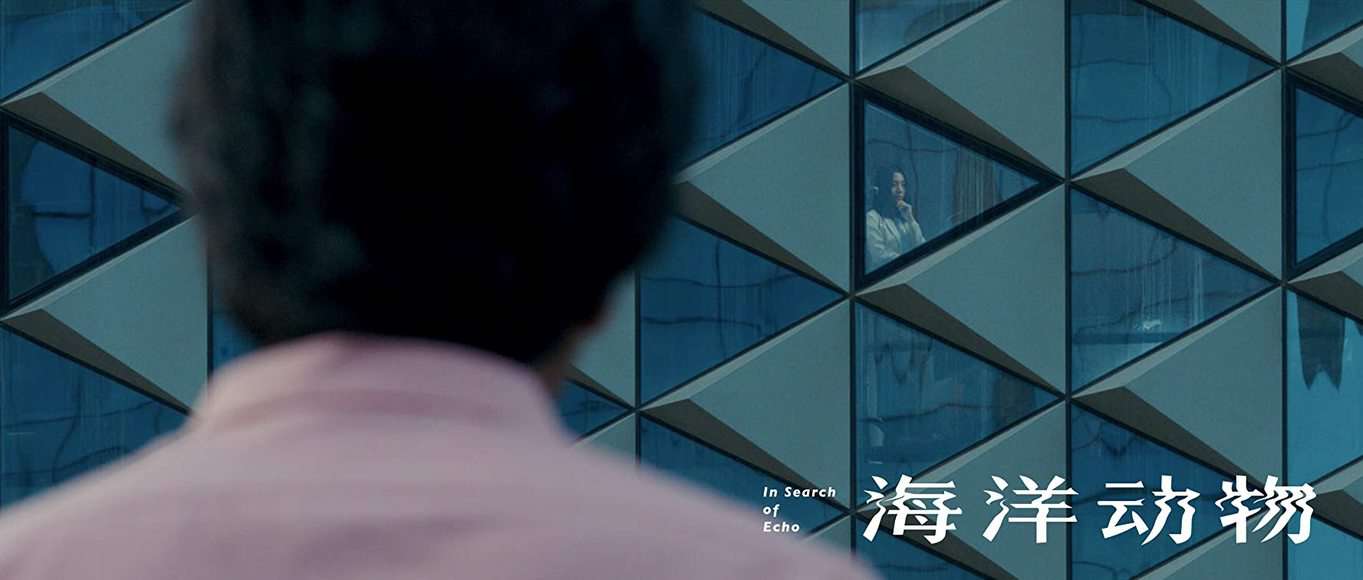“My Father, the Bride” by Momoko Fukuda has its roots in the 2016 short film “Dad's Wedding”. It shows its LGBTQ hues proudly at the 14th Camera Japan (25-29 September 2019 – Rotterdam/3-6 October 2019 – Amsterdam). Is there a reason to be proud? Let`s have a look.
“My Father, the Bride” is screening at Camera Japan 2019

It has been three years since Tohka's (Honoka Matsumoto) mother passed away. Now, she is returning home, to a small island, to attend the memorial service. To her shock, not only she learns her father (Itsuji Itao) is about to remarry, but also that he is remarrying to a man. Moreover, being the local school director, he wears her mother's dress to….everywhere. Somehow, virtually no one, not even her younger brother Midori (Sho Kasamatsu) finds it strange.
“My Father, the Bride” presents its narrative as a feel-good family film. It even presents the usual Japanese trope of the missing mother. Yes, there is very logical reasoning behind the father's crossdressing. He simply misses the mother as his better half but also as the person who takes care of the little place called home. He does not want to be a (trans)woman, nor is he suddenly coming out of the closet. The father just wants to be the mother of a family.
However, the way “My Father, the Bride” lets the situations evolve plays with the expectations of the established as it casually transpasses into the fields of what we better not speak out loud. Crossdressing, same-sex life partnerships/marriages, actual coming outs, stubborn independent women. All that just happens in a very mundane tone, the only thing being shocking is someone being shocked. And let us not forget how “My Father, the Bride” challenges the parent-child relationship.

Another strong point of the movie is that it does not build its comic on the situations the father's decision might have caused, nor does it portray his decision per se as comical. Yet, the gentle humour emanating from the clash of acceptance of his decision and refusal thereof is ever-present. More than the gay/trans vs straight dynamic, the film explores the family varieties. In a caressing, light-hearted way, it challenges the already vague concept of the “traditional family” while keeping the family (and food) in its centre.
The subtle, non-parodying performances of the cast add to the overall tone of the film, as it gently re-establishes the idea of what is normal. As the writer and director, Fukuda does not allow the characters or motives to overcome one another. They neatly go alongside in mutual support. The script itself works with very classical situations in private and public spaces. It reaches for a variety of characters to cover different age and/or social groups. Parents, (adult) children, school kids, married, married to a foreigner with a baby on the way, estranged, widowed…

“My Father, the Bride” is your usual well made Japanese family reunion drama with gentle humour and a very nice twist that runs deep. It turns the tables of the sexual minorities and groups (not) accepting the sole fact and normality of their existence. It does it in the way fabulously fit for the general audience. In its unobtrusiveness lies its power.


